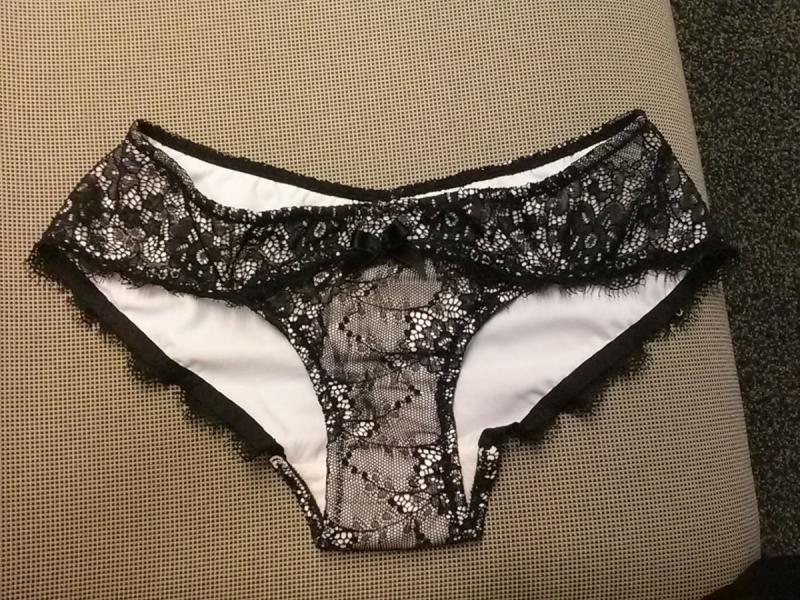Smart Underwear Help Battle Urinary Incontinence
By HospiMedica International staff writers
Posted on 03 Nov 2015
Novel panties combine smart textile technology, a wearable sensor, and an app to detect instances of leakage due to incontinence.Posted on 03 Nov 2015
The Carin line of incontinence underwear combines all three components to help women control urine leakage, such as in mothers who experience postpartum urine incontinence due to weakened muscles in the pelvic floor, or women with an overactive bladder. The first component is a microfiber fabric lining that is both absorbent and quick drying; the second is a discreet wearable sensor that measures the quantity of urine loss and sends the data to the third component, a companion app on a tablet or smartphone.

Image: Carin lace panties with microfiber lining and embedded sensor (Photo courtesy of LifeSense).
The app analyzes the pattern of incontinence in multiple ways. The sensor can detect the user’s movements, providing information on which kinds of activity cause urine loss. Additionally, through the app, the user can upload information on any drinks they may have, so the algorithm can assess their effect. Users can then make appropriate lifestyle changes to minimize the number of releases, and begin to understand which drinks and activities make them more prone to involuntary leakage. Through the smart underwear, women may eventually be able to retrain the pelvic floor muscles and regain control via biofeedback.
Because the system is able to detect the exact movements that stimulate urine release, it can identify which muscle fibers have been weakened, and develop a personal pelvic muscle training program to strengthen them. The user can thus focus on feeling and contracting pelvic floor muscles, then how to train them unconsciously, and finally how to integrate the program within daily life. The Carin line of underwear are a product of LifeSense (Eindhoven, The Netherlands), and are available in white, lavender, or black, as well as an option of black lace.
“Carin’s strength lies in the years of experience of our team of specialists,” said Valer Pop, managing director of LifeSense. “Carin is truly unique in that it allows women to continuously measure their progress and adjust their training program. With this product, I really hope to make a difference in our society.”
Urinary incontinence is about twice as common in women, and its likelihood rises with age. One large US study found that almost one-quarter of women in their 60s and 70s said they had urine leakage at least once a month; the rate rose to one-third among women in their 80s. Caffeine might promote UI because it is a diuretic, and people who already have an overactive bladder may be more susceptible to those effects, as even low doses of caffeine can speed muscle contractions in the bladder. Risk factors for UI include obesity and past pregnancies with vaginal births.
Related Links:
LifeSense














